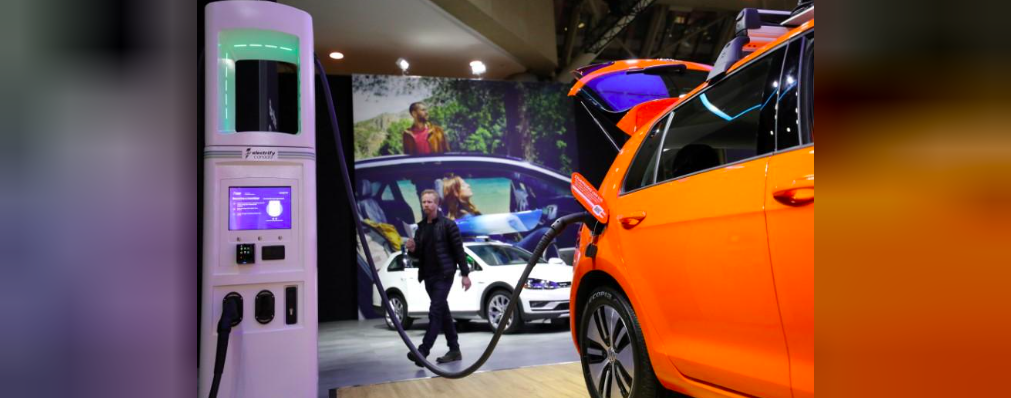BERLIN/FRANKFURT (Reuters) – Germany unveiled sweeping incentives for cheap electric cars, providing a boost to Volkswagen’s (VOWG_p.DE) electric push while penalising heavy sports utility vehicles (SUVs) with new staggered taxes for polluting combustion-engined cars.
Buyer incentives for passenger cars, including a lowering of value added tax (VAT) to 16% from 19% were included as part of a 130 billion euro ($145.74 billion) stimulus but analysts said it would not be enough to significantly boost car demand.
“The lowering of VAT will hardly provide an impetus,” said Peter Fuss, a partner at EY, adding that electric cars are still too much of a niche product to lift the overall market.
Germany included a 6,000 euro incentive for battery electric cars costing below 40,000 euros, bringing consumer incentives for electric cars to 9,000 euros once a 3,000 euro manufacturer stipend is included. [nL8N2DH2E8]
VW is readying a mass market push for its ID3 model which will cost below 40,000 euros.
Tesla’s Model S and the Mercedes EQC are also eligible for subsidies but not for the full amount.
Electric cars made up only 1.8% of new passenger car registrations last year in Germany.
The average vehicle emissions of a new car last year in Germany was around 150.9 grams of CO2 per kilometre. Due to the popularity of SUVs, average emissions of new cars rose to 154.8 grams per kilometre in May.
($1 = 0.8920 euros)
Reporting by Markus Wacket in Berlin and Edward Taylor in Frankfurt; Additional reporting by Jan Schwartz in Hamburg; Editing by Michelle Martin











